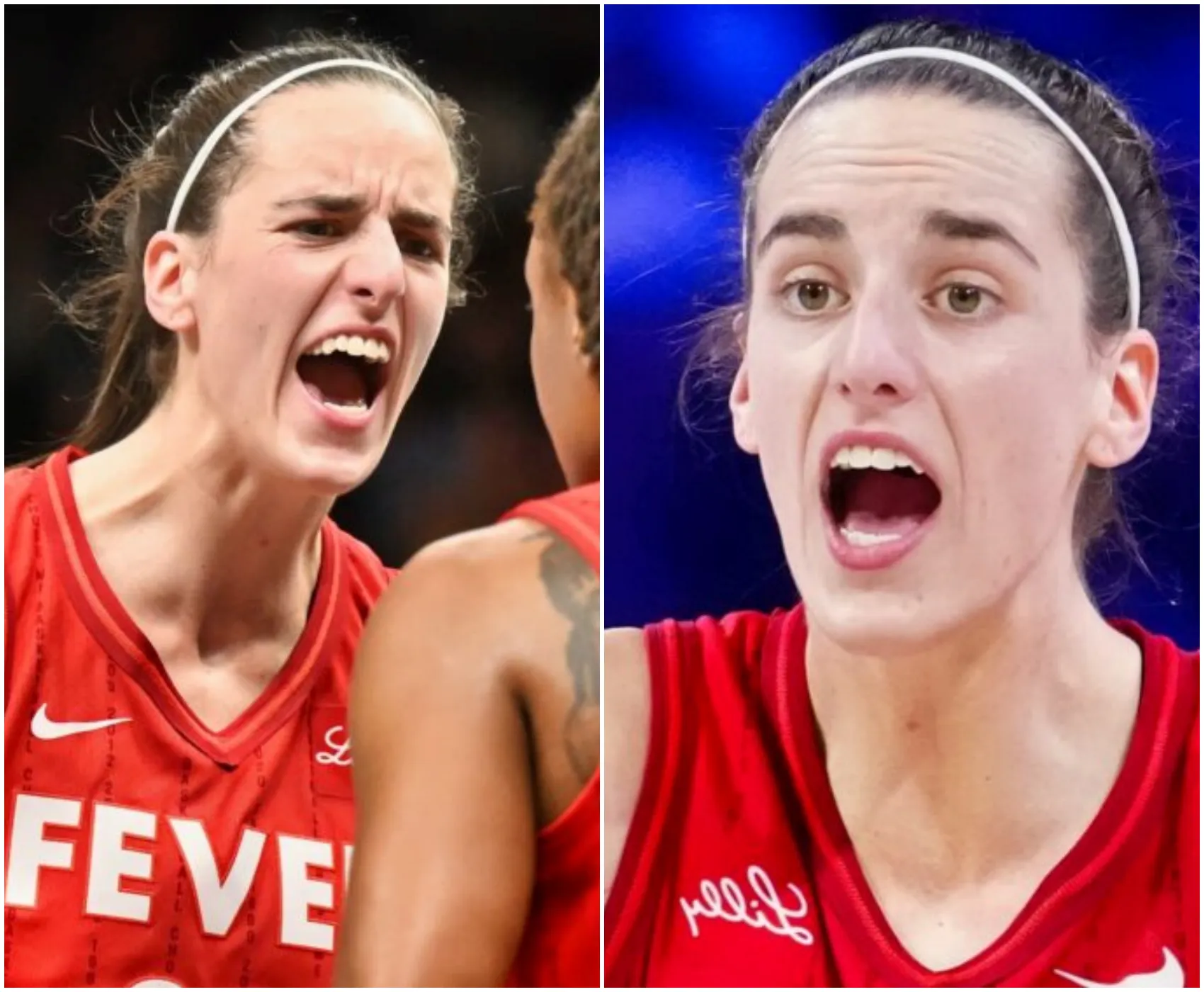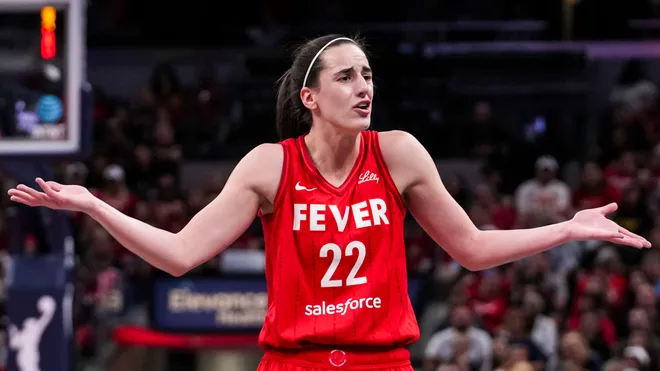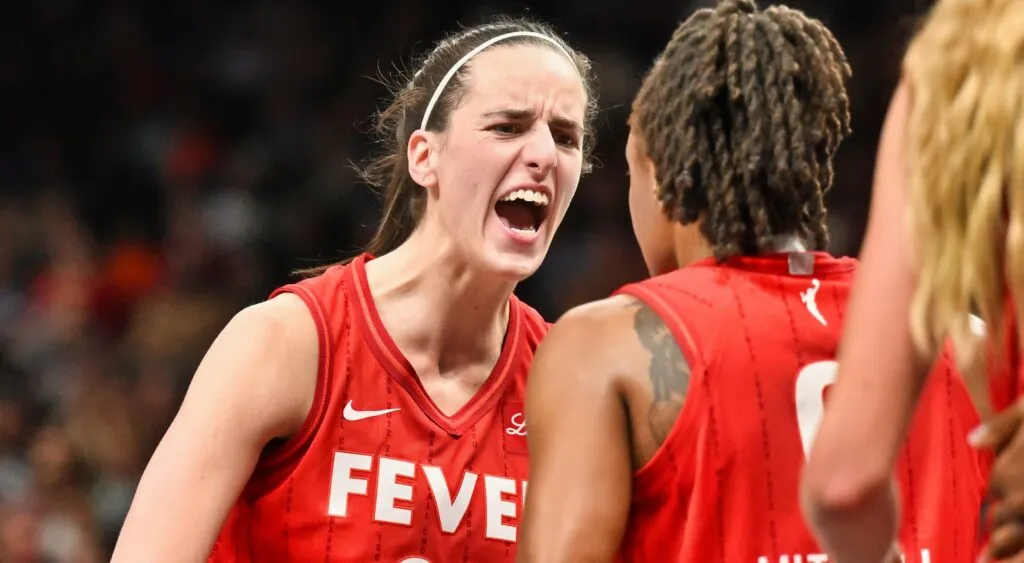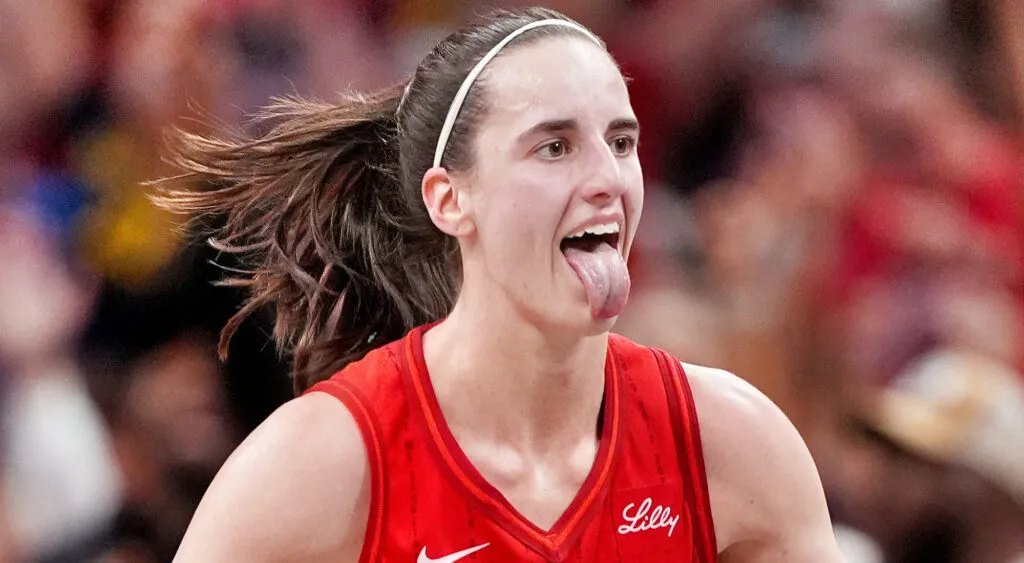A recent incident involving Caitlin Clark and a fan of the Connecticut Sun has drawn significant attention due to reports of the fan’s inappropriate behavior during a game. The incident, which resulted in the fan being removed from the venue, has now revealed disturbing details about the nature of the remarks made to Clark.

Eyewitness accounts suggest that the fan, who was allegedly a member of the media, directed offensive comments toward Clark, including derogatory language and a chilling remark wishing harm upon her. Specifically, it was reported that the fan referred to Clark using the “c-word” and expressed a wish that she would “fall and break her neck.”

While the allegations were made by an individual claiming to have been present at the game, the validity of these claims is still uncertain, as definitive proof has not yet emerged. The person who shared the information indicated that multiple attendees corroborated aspects of the story, though no one confirmed the exact words spoken. They also expressed willingness to retract their statements if the claims were proven false.

Following the incident, the fan reportedly returned to his seat and boasted to other Sun supporters about his actions. However, when confronted by security, he downplayed his behavior, claiming he merely told Clark that she “whines too much.” Based on this defense, security opted to issue a warning rather than take more serious action.
This incident has sparked considerable debate regarding fan behavior at sporting events. The original poster highlighted that while every fan base has its “bad apples,” it’s crucial not to generalize the actions of a few individuals to the entire community. They also emphasized that security personnel have a responsibility to protect players, urging for more decisive action in handling such incidents.

Moreover, the situation raises important questions about the role of athletes in addressing fan behavior. The poster argued that athletes should not be held accountable for the actions of fans, likening it to expecting professionals in other fields to manage external issues unrelated to their expertise.
Overall, this incident underscores the ongoing concerns about the conduct of fans at sporting events and the necessity for robust security measures to safeguard players’ well-being. While this particular incident may not reflect the attitudes of the broader Connecticut Sun fan base, it highlights the need for improved strategies to handle such behaviors in the future.





